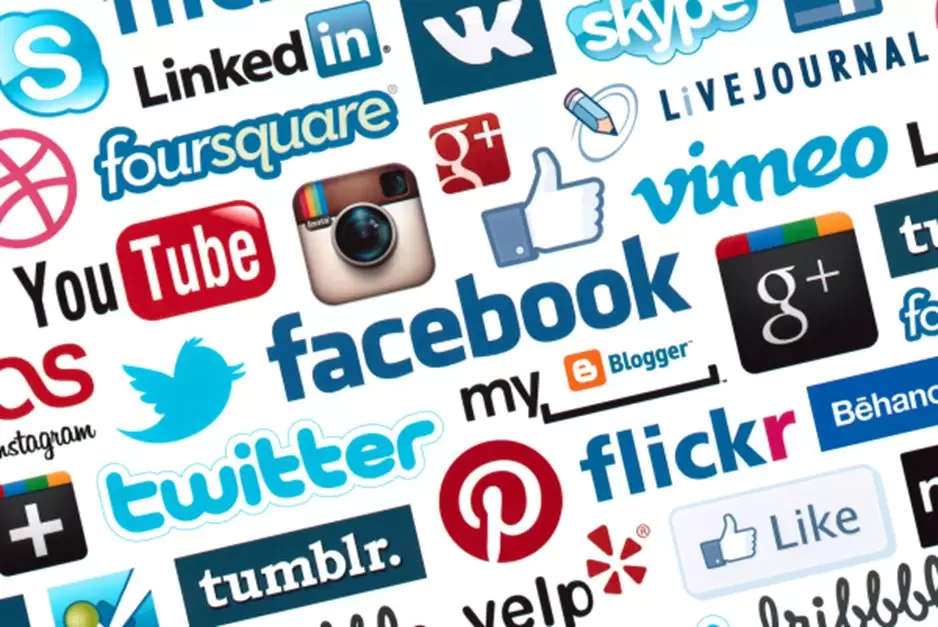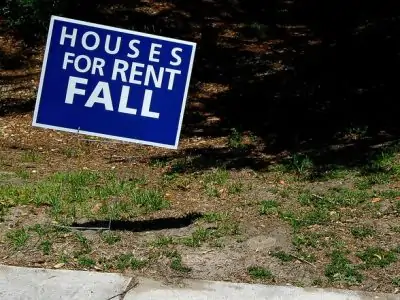Although social media and personal banking are two very different necessities for a growing number of us these days, they actually have more in common than you would first imagine. Not only are they both essential in organizing our day to day lives, but both are falling victim to a growing number of sophisticated hackers who are coming up with new ways to access your personal data and money.
Hacking – The $45m Question
Recently, a gang of criminals In the US managed to swipe $45m (£29m) from cash machines by hacking into a prepaid debit card database, an operation executed in a matter of hours. They did this by eliminating withdrawal limits from the prepaid debit cards, and then created access codes. This data was then loaded onto any plastic card with a magnetic strip – expired credit cards and even hotel key cards worked just perfectly.
US attorney Loretta Lynch called the operation ‘a massive 21st-century bank heist’; the case highlighted how many banks are not keeping up with modern security technology, and are compromising their customers’ accounts in the process.
Although card fraud has dropped considerably since the introduction of chip and pin in 2006, hackers are always coming up with new ways to siphon cash from our accounts.
With the rise of on-line shopping over recent years, security is a major concern for many of us, and you never feel 100% certain that your account information is immune to being compromised. Many of us are put off using our Credit Cards for shopping on-line, as surcharges apply, however many don’t realize that such purchases are protected under Section 75 of the Consumer Credit Act.
The act means that any purchases you make between £100 and £30,000 are covered by your credit card provider; giving you the right to claim a refund from them should a problem occur with your goods or services. For this reason, it’s recommended to use them for large online purchases, and certainly when abroad where you may be more vulnerable to card fraud.
While debit card protection isn’t a legal obligation, you will find that many banks will give customers the benefit of the doubt, investigate a reported theft and offer a refund. This is still a huge inconvenience for the customer, who may have to wait several days or even weeks to re-claim their money.
“If you haven’t authorized an online payment and claim to be a victim of fraud, the banks should give customers the benefit of the doubt. While debit card protection offered isn’t a legal obligation, it is possible for you to claim a refund if a card is proven to be used fraudulently,” said a spokesperson from Yorkshire Building Society.
Social Media Security Savvy
You may have noticed many social media sites will ask for more than one piece of personal data when accessing your account, and the banking world are catching up and looking at ways to apply this to customer transactions. A future solution currently in the pipeline is a two-tier authentication process, which will ask for an additional piece of information as well as a PIN.
Telephone banking customers will be asked for several pieces of personal info when calling up, but this still doesn’t make it any safer than your average social media account, which is typically less susceptible to hacking attempts. Let’s hope the banking world catches up soon, and we can worry a little less about the safety of our money.








It might be worth mentioning that the Consumer Credit Act only applies to the UK, not the US, especially since most readers of this blog presumably reside in the latter.
2 million social media passwords stolen today.